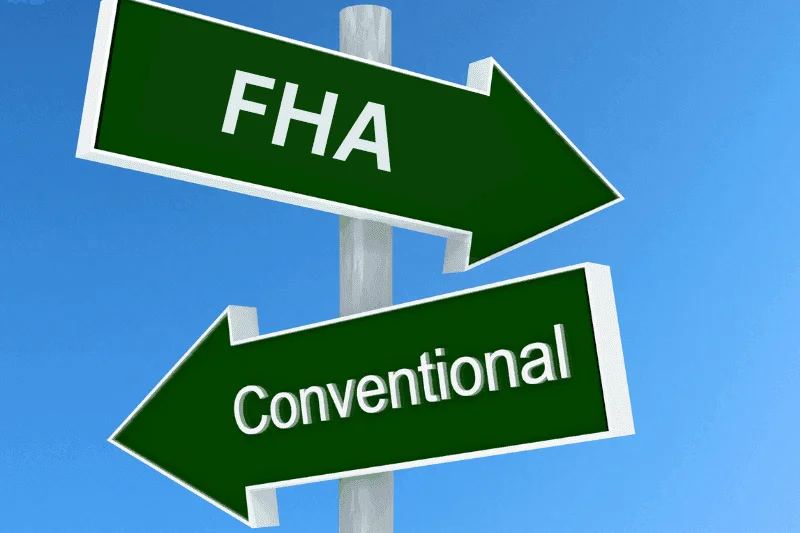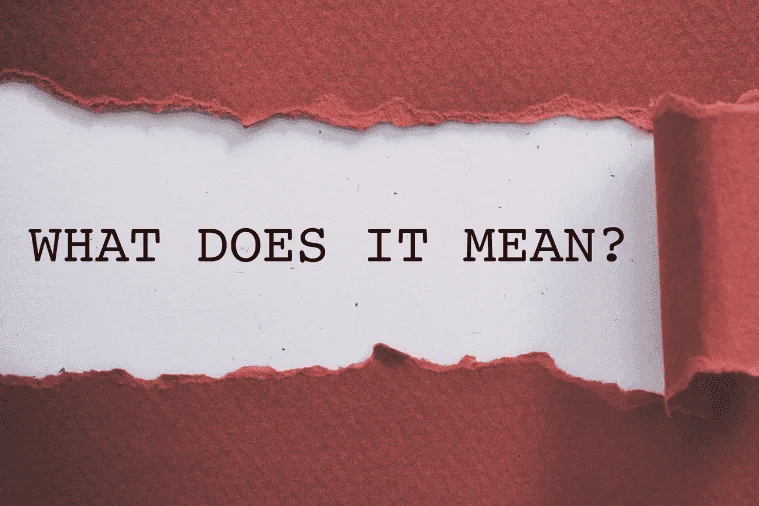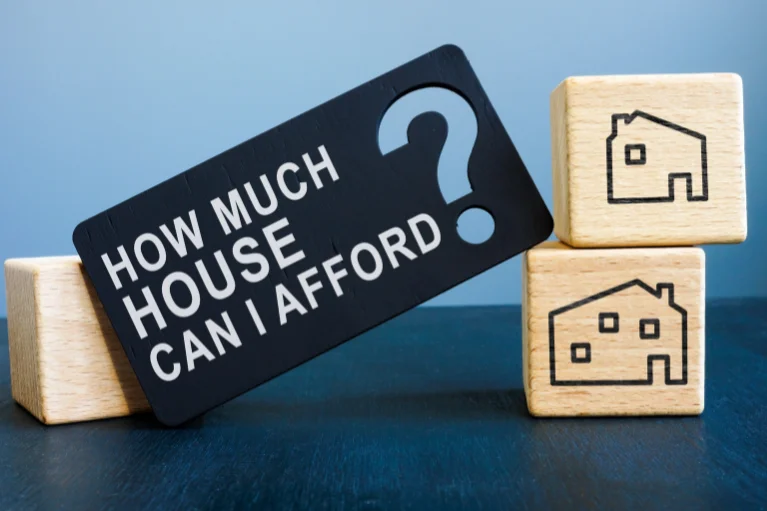Mortgage Basics
FHA Home Loans
Vision Home Mortgage - Offering FHA Loans in Nevada

Exploring FHA Home Loans
FHA loans allow individuals who may not qualify for a conventional mortgage to obtain a loan, especially first time home buyers. These loans offer low minimum down payments, reasonable credit expectations, and flexible income requirements.
An FHA loan is a mortgage that is insured by the Federal Housing Administration (FHA), making it easier for borrowers to qualify for financing. By FHA insuring the loan, it is less risky for lenders which incentivize them to keep offering them.
FHA does not make home loans, it insures a loan; should a homebuyer default, the lender is paid from the insurance fund.
FHA offers several types of loans to meet different needs for homebuyers and homeowners:
FHA Home Purchase Loan
This is the most common FHA loan, ideal for first-time homebuyers, those with lower credit scores, and those making less income. With down payments as low as 3.5%, this loan provides a more accessible path to homeownership compared to conventional loans, which often require higher credit scores and larger down payments.FHA Down Payment Assistance
FHA Rate and Term Refinance
FHA Streamline Refinance
FHA Cash-Out Refinance
For homeowners who have built up equity in their home, the FHA Cash-Out Refinance allows them to access that equity as cash. Whether it's for paying off high-interest debt, funding home improvements, a vacation, or other financial goals, this loan allows borrowers to refinance their mortgage and receive a lump sum based on their home’s current market value, minus the remaining mortgage balance.
FHA home loans are designed to be more accessible for a wide range of buyers. To qualify, you generally need a credit score of at least 580 for a low 3.5% down payment, though you can still qualify with a score as low as 500 if you're able to put 10% down. Lenders also look for a steady employment history and manageable debt levels, typically wanting your debt-to-income ratio to be no more than 56.99%. You’ll need to pay mortgage insurance (both upfront and monthly), and the loan must be for your primary residence. The home itself must meet certain safety and condition standards, and loan amounts are capped based on your area. If you've had a bankruptcy or foreclosure, you may still be eligible after a waiting period. All in all, FHA loans offer flexibility and lower barriers for buyers who may not meet the stricter requirements of conventional loans.
FHA loan limits vary by county and are based on the local median home prices and the number of units in the property. In areas where home values are lower, the FHA loan limits will also be lower. Conversely, in counties with higher home values, the loan limits will be higher to match the market. These limits ensure that the loan amount is appropriate for the area's housing costs. To find the FHA loan limits for your specific county, you can visit the FHA's Official County Loan Limits Page.
Why Should you Choose an FHA Home Loan?
Whether you are a first-time home buyer or purchasing a new primary residence, FHA may be the right choice for you with its low down payment, low-interest rates, and flexible credit and income requirements. FHA also allows gift funds for the down payment and closing costs as long as its from a family member! Contact us today for more information or to get started.



